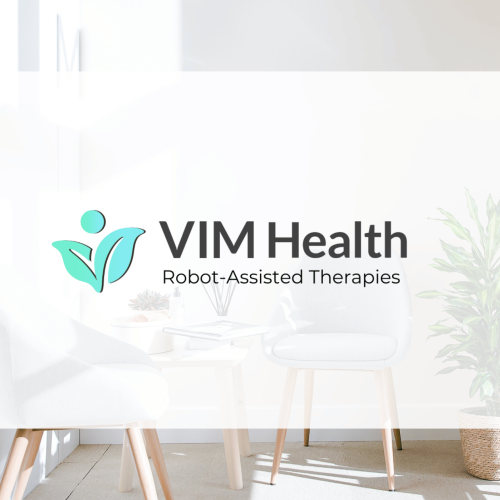Sunday 29th October is World Stroke Day 2023, and this years theme is 2023 is ‘Together we are #GreaterThanStroke‘. So, we are using our blog and social media channels to promote the campaign, educate people about strokes, and the important role neurological rehabilitation plays post-stroke.
What Is World Stroke Day?
World Stroke Day was formed by the World Stroke Organisation to raise awareness around strokes, and help people recognise the signs and get help quickly.
If you suspect someone is experiencing a stroke, you must call 999 immediately and tell the operator that you suspect a stroke. Speed is of the essence when it comes to helping the person.
For a visual on what a stroke may look like and how to conduct the FAST test, British Red Cross have an informative video here.
What Is A Stroke?
A stroke occurs when the blood supply is cut off from a part of the brain – without a vital blood supply, brain cells start to become damaged and die. Depending on which part of the brain is affected by a stroke, and how soon treatment is sought has an impact on the effects a person will experience after a stroke.
Some people may be left with long-term damage, and others may have short-term effects. People that have had a stroke may be severely affected or not. Common disabilities that persist due to a stroke are issues with mobility and speech.
A stroke occurs every five seconds in the UK and although they tend to be more common in older adults, anybody could have a stroke.
Intensive Rehabilitation Post Stroke
For people that survive a stroke, recovery is usually the first thing on their minds. Once a person has been given the medical all-clear, to leave the hospital or be discharged from care, it’s important to start rehabilitation so that the person can regain as much of their normal functions as possible.
We offer a range of neurological therapy services to help people that have had a stroke, these range from traditional hands-on therapy to the use of state-of-the-art robotics to help with movement. We treat people either as outpatients or through intensive rehabilitation packages.
Intensive rehabilitation services are better suited to people that have had a stroke as the concentrated amount of therapy hours, started as soon as possible, can lead to much better future outcomes.
If you are suffering from post-stroke symptoms, have recently had a stroke, or know someone else that has had one, please get in touch to discuss our rehabilitation options.
Tom’s Story
Tom Hooper survived a stroke at the young age of 32. Today he shares his story with Vim Health in support of World Stroke Day and to help raise awareness of the life threatening condition.
Do you mind telling us a little bit about your life before the stroke?
Yes ok, I had previously worked as a strength and conditioning coach at Cardinal Newman School for 2 years. Before that I worked in recruitment in Australia for three years and then before that health and fitness for the previous years.
How would you say you’ve progressed since the stroke? What would say has helped you the most on your recovery?
I would say pretty good. My recovery has been good, my leg and arm have progressed the quickest in 7 months. My confidence has developed. For example, the stroke effected my ability walk, use my arm and speak. That resulted in a problem with my confidence, especially for the first 3 months. Having physio and SLT was very challenging, but rehab became my focus. Having to have some one to help me with everything was hard. I can’t do some things by myself. I lost my independence for a while. What helped me most was my rehab team, the guys at Vim Health really helped.
Do you mind sharing your rehabilitation goals with us?
Yes, You will need them, whether they are short, medium or long term. I set my goal of walking three miles in my local park, unaided. I started by walking 500m with the Bioness then one mile and so on.
As a young stroke survivor, do you have a message that you would like to share with fellow stroke survivors?
The confidence and the power you have is greater than you know. There are people around you. Don’t be afraid to lean on them.
You can watch Tom’s full interview over on our YouTube Channel here. If you or someone you know is recovering from a Stroke you can find your local Stroke Association Support group, here.
